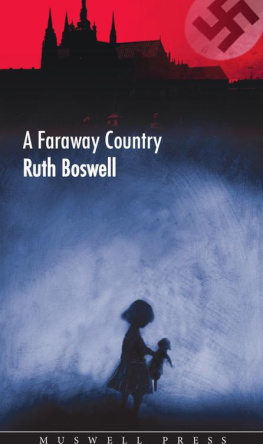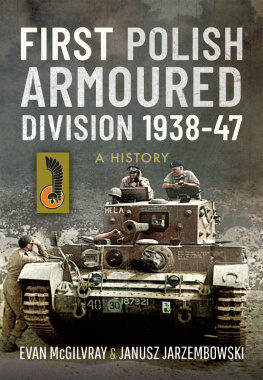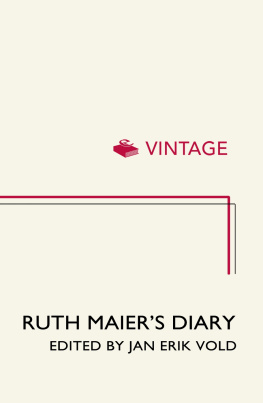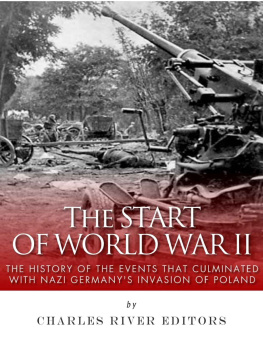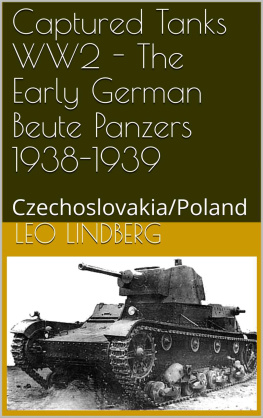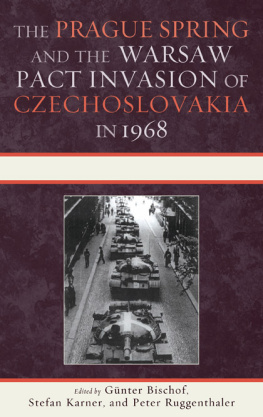Ruth Boswell - A Faraway Country
Here you can read online Ruth Boswell - A Faraway Country full text of the book (entire story) in english for free. Download pdf and epub, get meaning, cover and reviews about this ebook. year: 2015, publisher: Muswell Press, genre: Detective and thriller. Description of the work, (preface) as well as reviews are available. Best literature library LitArk.com created for fans of good reading and offers a wide selection of genres:
Romance novel
Science fiction
Adventure
Detective
Science
History
Home and family
Prose
Art
Politics
Computer
Non-fiction
Religion
Business
Children
Humor
Choose a favorite category and find really read worthwhile books. Enjoy immersion in the world of imagination, feel the emotions of the characters or learn something new for yourself, make an fascinating discovery.
- Book:A Faraway Country
- Author:
- Publisher:Muswell Press
- Genre:
- Year:2015
- Rating:3 / 5
- Favourites:Add to favourites
- Your mark:
- 60
- 1
- 2
- 3
- 4
- 5
A Faraway Country: summary, description and annotation
We offer to read an annotation, description, summary or preface (depends on what the author of the book "A Faraway Country" wrote himself). If you haven't found the necessary information about the book — write in the comments, we will try to find it.
A Faraway Country — read online for free the complete book (whole text) full work
Below is the text of the book, divided by pages. System saving the place of the last page read, allows you to conveniently read the book "A Faraway Country" online for free, without having to search again every time where you left off. Put a bookmark, and you can go to the page where you finished reading at any time.
Font size:
Interval:
Bookmark:
This book is dedicated to my mother
Regina Neubauerov
12.10.1904-1942
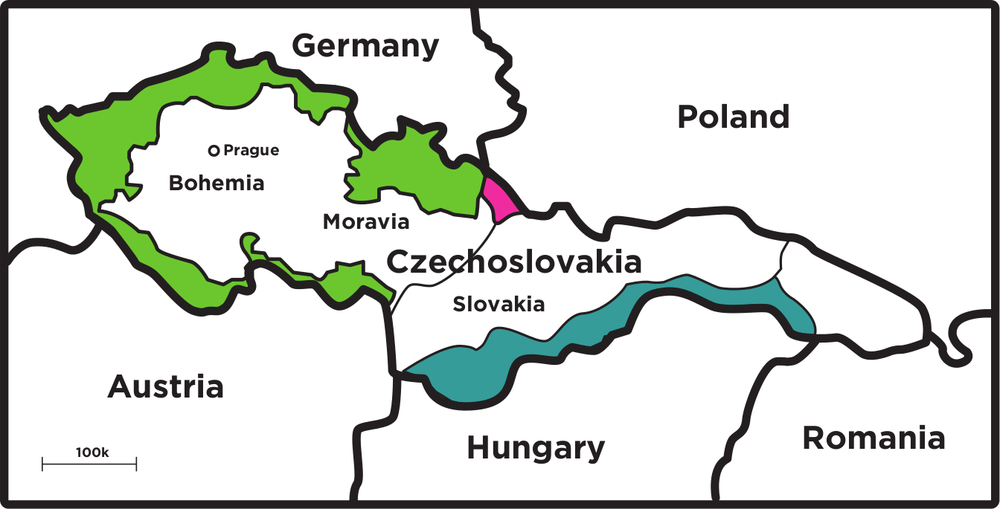
In 1918 the victorious Allies convened a meeting at Versailles to decide on the fate of Europe and the partition of the Austro-Hungarian Empire. The Czechs had long been demanding an independent state and on October 28th 1918 Czechoslovakia was created. Several ethnic groups and territories with different historical, political and economic traditions were blended into the new democratic republic. Its first President was Tom Garrigue Masaryk, his close associate Edvard Bene.
The largest non-Czech section, over 3 million included in the new country, were ethnic Germans who lived in an area called the Sudetenland, situated in the western areas of Czechoslovakia, specifically the border districts of Bohemia, Moravia and parts of Silesia. It is marked in light green on the map.
The majority of Sudeten Germans were, by the second half of the thirties, militantly pro-Nazi, and were demanding that their territory be ceded to the Reich. They were led by an ex-gym teacher called Konrad Henlein who formed the Sudetendeutsche Partei: SdP which worked closely with Hitler.
The French had a treaty with Czechoslovakia which obliged them to defend the state if it was under threat and Britain had a recipricol treaty with France. Nevertheless, on Sept 30th 1938 the Munich Treaty was signed, without consultation with Czechoslovakia, by England, France, Italy and Germany. It ceded all the Sudetenland to Nazi Germany who occupied it within 10 days.
On March 15th 1939, without previous warning, the Germans invaded the Czech sections of Czechoslovakia, Bohemia and Moravia which they ruled until their defeat at the end of the war.
Czechoslovakia, September 1938
The doll stared at him through the plate glass window. She had blue eyes that opened and closed, long eyelashes, platinum hair wound round her head in long plaits and a pouting mouth. Dressed in a red dirndl skirt, a yellow embroidered blouse and white socks she was the embodiment of Heinzs desires.
How much would she cost? This was the most expensive toy shop in Schcker Strasse, Reichenbergs main shopping street. He had passed it frequently but had never before ventured inside. He pushed the glass door and went in. The shop girl welcomed him with a smile.
Can I help you?
The doll in the window. Can I look at her?
The girl fetched her and sat her on the counter.
She only came in yesterday.
He asked the price. 100 koruny. Too much, he knew it was too much but as he hadnt been home for over a week he wanted to give Anna a special present.
Is this for your daughter? The shop girl asked.
He looked round to see if anyone was within earshot, hesitated, then said,
No, my niece. Its her birthday.
How old is she?
Nine.
What a good uncle you are. This is a lovely present.
It was an outrageous present with no special occasion to justify it. Nevertheless, Heinz counted out the money, watched the girl wrap the doll in tissue paper, place her in a lined cardboard box it even had a pillow for her head - and wrap it in pink paper with a bow on top.
There.
Thank you.
She watched him go.
How many marks for that one? her colleague asked.
Ten out of ten! Juicy. I wonder where he lives.
Reichenbergs Aldstdter Square where Heinz had parked his red Tatra coup, was dominated by an ornate town hall, an exercise in gothic extravagance built to subdue and impress its inhabitants. Nearby were the opera house, a synagogue, cafs and pubs at which citizens congregated to indulge in local gossip and discuss political events. Of these, there was no shortage. The country was in turmoil over Hitlers demand to annex the Sudetenland and separate it from Czechoslovakia.
Heinzs office was within walking distance of the Square, a short way downhill to Reitergasse. Here he picked up some papers - he was hoping to drum up more business in Prague nodded at a couple of acquaintances, returned to the square, placed the doll in the boot of the car and drove through the town.
He was pleased with his purchase though Sara, he knew, would disapprove, accusing him of buying Annas love to make up for being away for much of the week. He reckoned she was complaining on her own behalf, but reality had to be faced. His insurance company relied on rich clients. There were plenty in Reichenberg if one had the right contacts.
The Tatra cruised through the town towards the river and through the industrial quarter. Textile, glass and light industry had provided wealth and work though, since the depression in the early thirties, unemployment had been rife and the area had grown shabby. Now, Heinz realised with an uplift of spirits, the prospect of a German takeover had restored confidence. Better times were ahead and this, in turn, would boost business.
The drive to Prague normally took ninety minutes but today the road was blocked with army lorries, tanks and marching infantry. The Czechs were in fighting mode. How ridiculous this was, Heinz thought, as he stopped to let convoys pass. Why didnt President Bene capitulate instead of letting the crisis drag on? That the Germans would get international agreement to take over was only a matter of time. The alternative was war.
It took him almost three hours to reach Pragues suburbs and here too he was delayed, imprisoned between crumbling grey tenements, stark reminders of his early childhood when the city was still part of the Austro-Hungarian empire. To people he didnt know intimately he liked to pretend that his upbringing was of the respectable variety in good bourgeois tradition but the reality was that the family had been working class Jewish with a constant struggle to make ends meet. But at least life had been simple. With only one master, Emperor Franz Joseph, to serve, their loyalties had been undivided, their only language German. He remembered vividly the changeover after the war when the victorious allies decided at Versailles to dissect bits of Austria, Hungary, Poland, Ruthenia and glue them together with the Czechs and Slovaks into a new country called Czechoslovakia and what a muddle that had created. The present crisis was the result.
The threat of war was everywhere evident. Lorries were dumping sandbags on pavements and groups of Czech refugees, driven out of the Sudetenland by its German inhabitants, crowded the streets, looking lost. Blowing his horn to make them move out of the way, he wove his way past Wilsonovo Station and uphill to the Vinohrady district, a respectable residential quarter with wide streets and solidly built blocks of flats built in the last century for a prosperous middle class. Heinz turned into vihanka and parked the car outside No 1. Only a few kids were roaming the street and playing in Riegrovy Park which lay like a green pasture at its end. He looked round with a satisfied air. Sara could complain about his absence, but he had set her up comfortably.
Holding his parcel under his arm, he raced upstairs to the fourth floor, let himself into his flat and listened for a moment to voices coming from the sitting room. Nodding with satisfaction he threw his hat with a practised hand onto the hat stand and shouted at Julie, the Czech maid, for coffee. Then he went in.
Sara was entertaining a friend, Rachel, coffee and biscuits on a low table between them. Sara looked up in surprise. She was an attractive woman in her prime thirties, dark eyed, with thick brown hair. She had chosen a plain blue frock with a white collar for the afternoon, it set off her slim figure; but it was Rachel who caught Heinzs eye, her blonde hair accentuated by a bright yellow outfit.
Font size:
Interval:
Bookmark:
Similar books «A Faraway Country»
Look at similar books to A Faraway Country. We have selected literature similar in name and meaning in the hope of providing readers with more options to find new, interesting, not yet read works.
Discussion, reviews of the book A Faraway Country and just readers' own opinions. Leave your comments, write what you think about the work, its meaning or the main characters. Specify what exactly you liked and what you didn't like, and why you think so.

